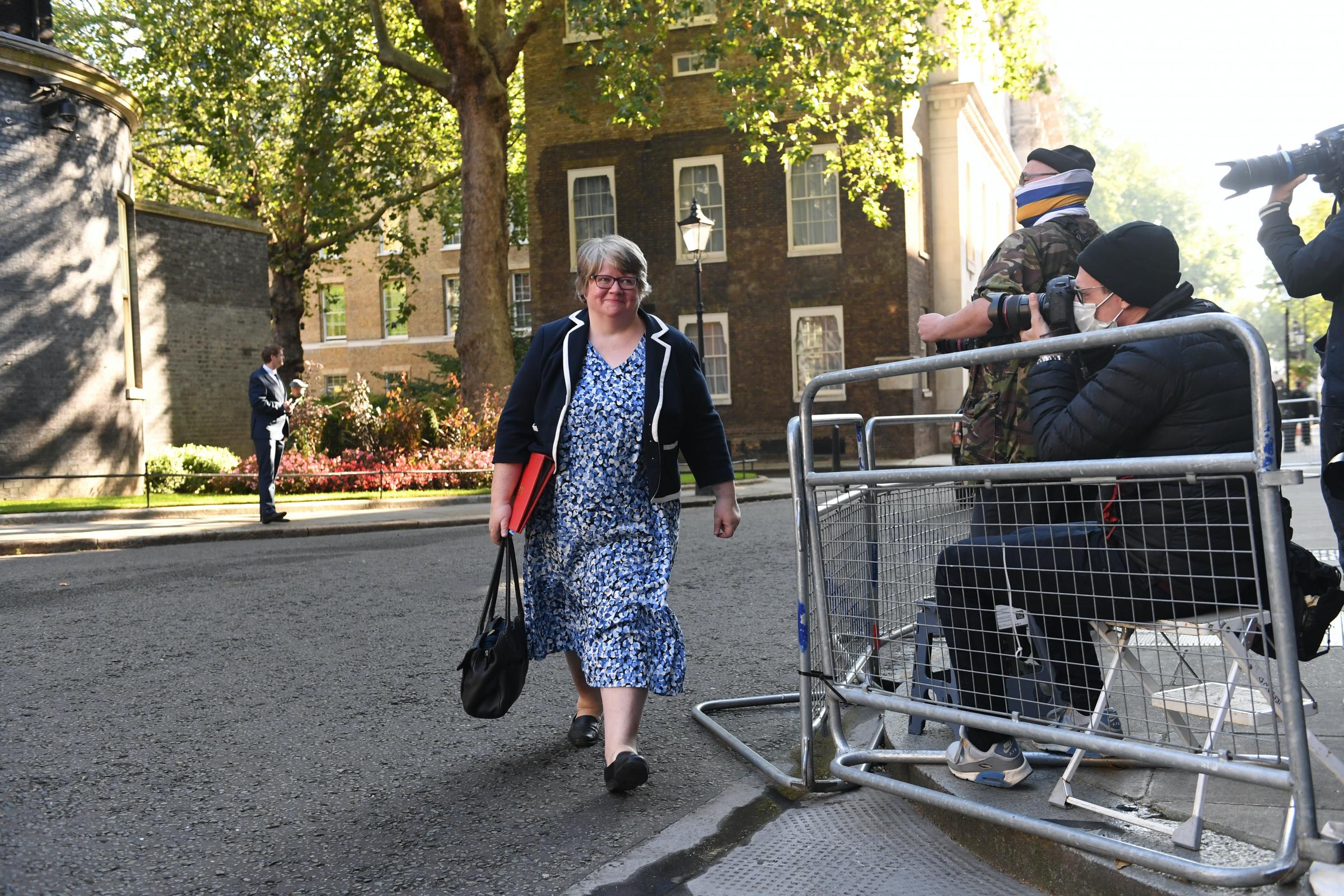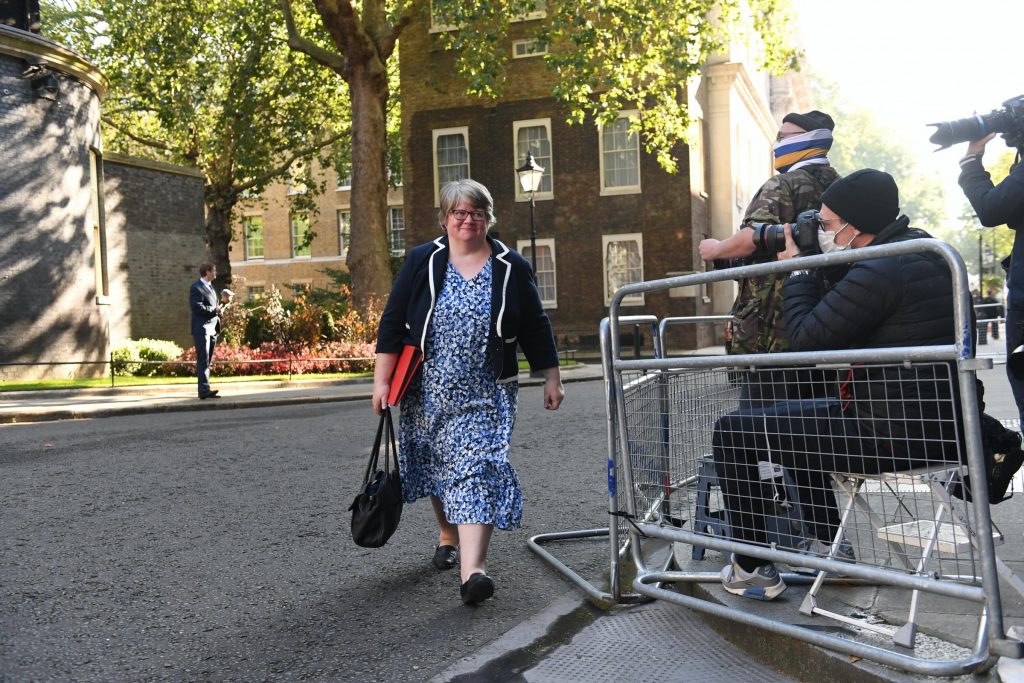
At the end of September, the Covid Universal Credit boost of £20 a week will be removed. Confirmed by work and pensions secretary Thérèse Coffey, the Tories have been undeterred by pervasive public and cross-party opposition to the move.
Before the planned withdrawal, Coffey expressed to a committee of MPs that she would be penning a letter to all 6 million Universal Credit claimants, informing them that they would see an “adjustment in their payments”.
As households endure increasing inflation and the prospect of higher unemployment this autumn, the government, which asserts the uplift will no longer be needed as the economy opens up, is endangering working class families’ living standards.
Boris Johnson subsequently confirmed the move, notifying MPs that as restrictions from Covid eased, his intent was to concentrate on pushing people into higher-income jobs. “As we move beyond that, we have to have a different emphasis, and the emphasis has to be on getting people into work and getting people into jobs. That’s what we’re doing,” he told the Commons Liaison Committee, which gathers chairs from assorted subject-specific committees.
Ending the boost would leave unemployed benefits at the lowest level in real terms for three decades, and drive 500,000 people below the poverty line.
Coffey’s remarks are the first time the government has categorically confirmed its aim, planned in the budget in March, to shave off basic Universal Credits to pre-Covid levels in the autumn, indicating the Treasury has won the battle against continuing the uplift.
On Wednesday (7 July), Coffey told MPs the government had honoured its pledge to prolong the uplift for six months. She said that the target of DWP assistance “should be strongly on getting people into work and jobs” now that the economy was opening up.
The notion that families should avoid poverty by getting better-paid jobs illuminates the government’s policy of limiting trade-unionist thought in working class families and sowing the idea that certain work isn’t deserving of a living wage. This cloaks the ongoing exploitation of the working class for the benefit of the ruling classes, revealing why the majority of supermarket workers, who are clearly vital to the functioning of society, do not earn a living wage, to name just one example. In addition to this, supermarket workers have to claim benefits worth billions of pounds every year to survive and eight in 10 supermarkets still pay women less than men. Evidently, the system is not concerned with human need but rather how much profit it can make.
At the first sign of coronavirus-related economic trouble, the Tory government mobilised billions of pounds to support their friends in useless contracts but have done the bare minimum to help impoverished communities, in fact using every opportunity to repress the working class further.
With the cost of living increasing, unemployment rising and benefits reducing, the workforce is being forced to accept wages below the cost of living to drive up the relative surplus value of commodities. Capitalists have always and will always turn to increasing exploitation to avoid diminishing profits. It’s time the working class fights back.
Georgina Andrews




